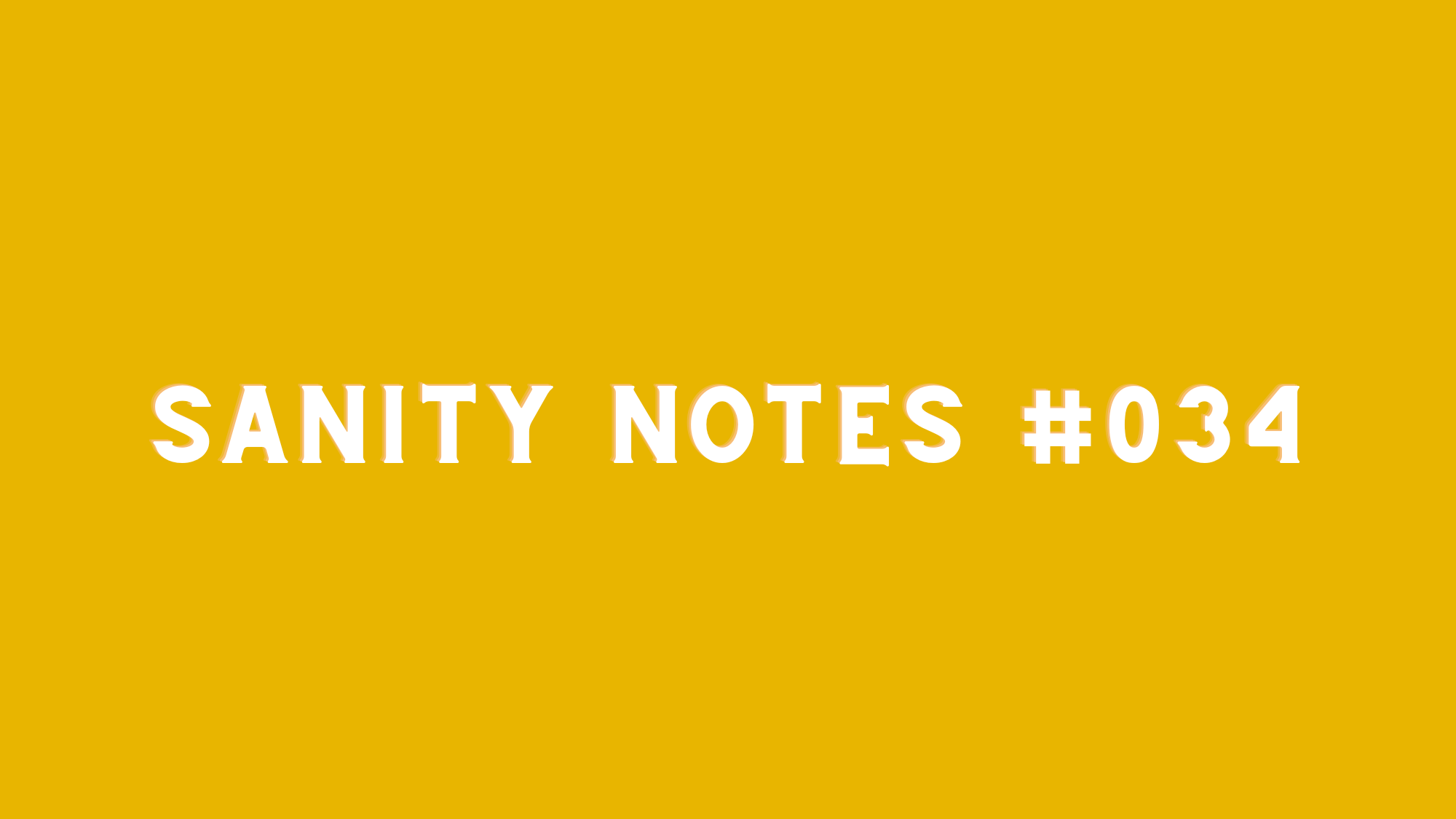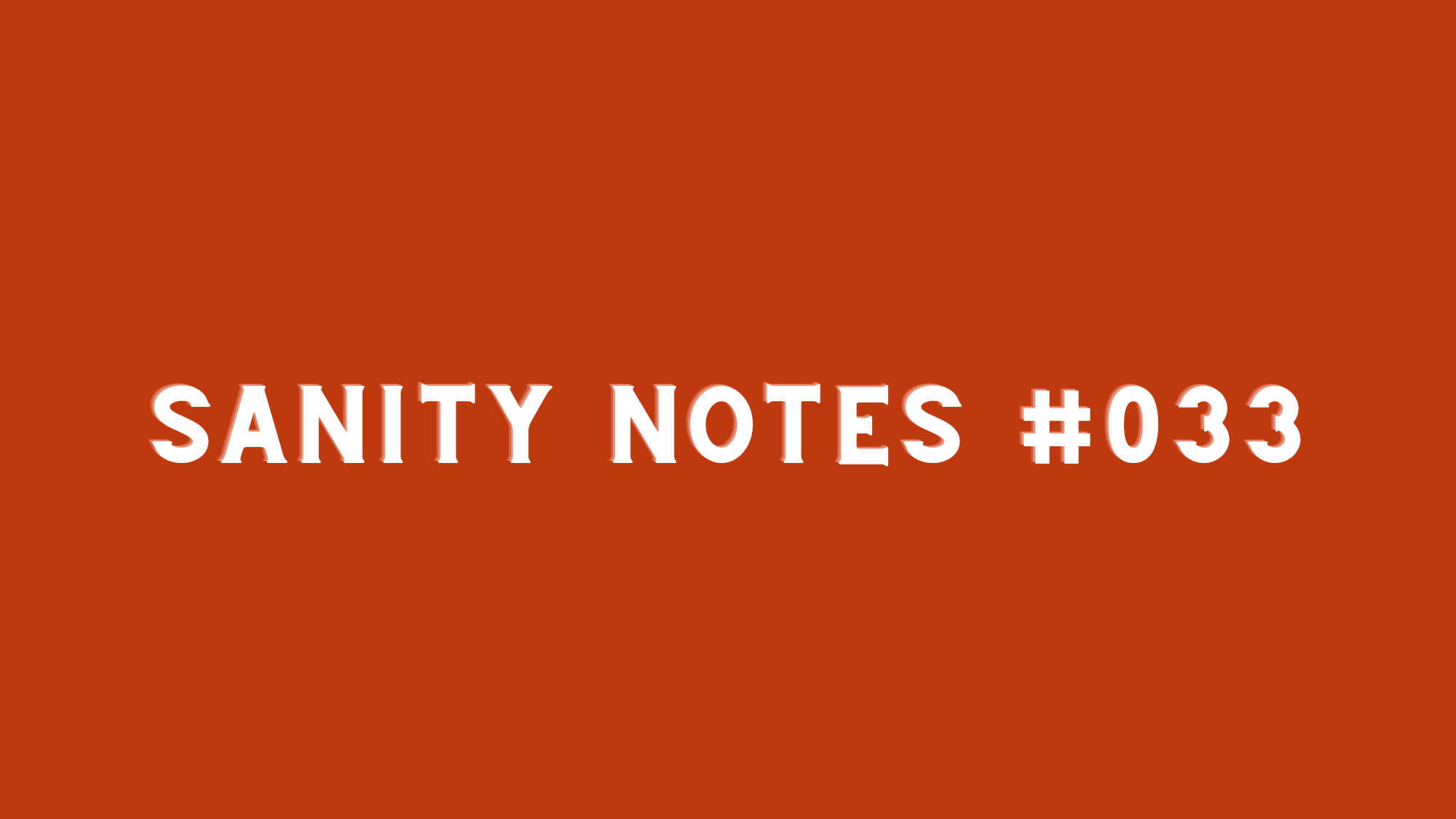The values we ought to leave behind
It is time to re-think what we celebrate in our own leadership styles and the cultures of the companies we build.

Looking for some support? If now is the time to consider coaching (or a CEO peer circle) reach out here.
A few years into building my last company, I was sitting in our conference room with a sales advisor one of our investors had suggested we bring in. He had years of experience building and scaling early sales teams, and I was hoping he might help us figure out how to get our sales efforts off the ground.
What I did not expect is that in one of his first questions, he might challenge my entire approach to running the business. He asked a fairly simple question:
Do we have a company dashboard?
"What's a company dashboard," I asked.
"A place we measure and track the most critical numbers of the business. The things that when they are on track help us know we are headed in the right direction and when they are off track cause us to stop and fix the issue."
Damn. That seemed pretty obvious.
And no, we did not have one. 🙄
That conversation began a realization that would prove much larger than getting some numbers on a spreadsheet to measure. His question forced me to ask myself, "How am I measuring our success?"
I came to realize I had fallen prey to mistakes I now, as a coach, hear leaders making in many of the companies I meet:
- I was asking us to do way too much
- I was refusing to slow down and get clear on what actually mattered
- I was failing to ensure we measured the week-to-week efficacy of our efforts
- Finally, rather than sharing information openly with the team, I was tracking the results on my own or with a select few
Why was I doing these things? The mistakes seem so clear in hindsight.
I ended up talking through that question with my then-coach, and I realized through those conversations and others that I was operating off an outdated value system. I was operating off values I inherited, but that no longer served me.
I will share a few below.
They may also be operating in the background for you.
Outdated value #1: Effort over efficacy
As I slowed down and examined what was driving my way of operating the business, I saw I did not know what success looked like or how to get there.
Starting something from nothing is fucking hard. Validating an idea, finding your way to product-market fit, sorting the challenges of scale, and navigating your way through plateaus in growth. It is all hard.
Because I did not know what I was doing and was not taking time to get clear on what mattered, I only knew I was doing well when I was exhausted.
In hindsight, this approach fit nicely with the values I had been taught growing up in the midwest United States.
I was taught hard work matters more than almost anything else:
God helps those who help themselves.
Keep your nose to the grindstone.
The early bird gets the worm.
Many clients I have worked with over the years are first or second-generation immigrants to the US. They often carry their own cultural versions of this value system. Something in the zip code of:
Look how much we sacrificed to give you these opportunities. Work hard to earn it!
We amplify this value in the Silicon Valley ecosystem. We mythologize the founder who works 80-hour weeks, puts work ahead of everything else in life, and sometimes forgets to eat or shower because he (this myth is always a he!) is too focused on coding.
But what if there are some cracks in this value?
What if the results matter more than the effort?
What if raw effort is sometimes more impediment than ally?
Outdated value #2: Speed is king
A second and related value I found myself living by without question was that faster was always better.
So much of our Western culture celebrates speed: faster, more, sooner!
In seventh grade, I was on the middle-school football team. I played linebacker and center. As a center, my job was t0 start the play by hiking the ball to the quarterback (and then to try to block the inevitably bigger kid in front of me!) My coach wanted me to learn to hike the ball faster, so he gave me the following mandate:
I want you to do everthing in your life faster. Get out of bed faster in the morning. Eat breakfast faster. Walk to school faster. Write your homework faster. If you shit, wipe your ass faster!
How middle school coaches are allowed to speak to 12-year-olds this way is a subject for another time (WTF?), but his message stuck. And it fit hand-in-glove with messages I would receive about success in the coming years: Faster is better!.
Our culture celebrates speed.
When I began working in tech, this message was compounded. One of the most famous mantras in Silicon Valley is Facebook's well-known call to Move Fast and Break Things!
Is that really what matters? Going fast?
Might it sometimes be helpful to slow down?
Might fast be a means to an end only in certain situations? And are we even clear on what that end is?
Again, we aren't trying to outrun lions. There was a time in our evolution when speed was a survival mechanism. But we are, again, in the business of creatively solving hard problems.
Slow may be a more helpful ally.
Outdated value #3: Rugged individualism is the best way
Our Western culture is soaked-through with the rugged individual archetype. We lionize the explorers that voyaged the ocean to settle the Americas. An entire genre of films is dedicated to the American cowboy.
Even most rap songs are about what "I" got and what "I" did.
I'm living in the 21st century, doing something mean to it Do it better than anybody you ever seen do it Screams from the haters, got a nice ring to it I guess every superhero need his theme music. -Kanye
When was the last time you heard a rap song about the "accomplishments of my team" or how "the community has really pulled together for the betterment of all"?
Those songs don't get written.
We do not do any better in our startup ecosystem. Carrying the archetype from our cultural ethos, we transfer this worldview to our stories about her founders.
We discuss how Steve Jobs would lock himself in his office, obsessing about product design. We lap up press stories about Elon Musk working 20-hour days, sleeping on the factory floor, and rarely seeing his children.
The founder is held up as the sole person who can glean insight, make just the right decision, and save the day.
A singular, solitary savior.
This kind of savior, all-on-one-person kind of pressure is hardly constrained to those of us who grew up in the US or other Western cultures. In fact, among those I have come to speak with through my coaching work, immigrant founders seem to have often it worse.
They are repeatedly told how much was sacrificed so that they could come to this new country, have greater opportunities, and change the family's trajectory. While the family played a role in the move to a new country, the path forward is rarely caringly designed as a team effort. It seems to be set up more as a passing of the torch:
We did our part! Now it's on you.
Although the messages may come from numerous and different places, most founders and leaders I meet have one thing in common: they carry a deep-rooted belief that, at the end of the day, it is all on them.
The burden of making the company work is situated largely on their shoulders.
That is a tough setup.
What if there was another way of holding the work and the role?
An alternative path
It is strange to me that we conflate individualism with company building in this way.
After all, the word we use here, company, implies a collection of people.
The Oxford Dictionary defines a company as "a number of individuals gathered together, especially for a particular purpose."
If we zoom out, the work of a founder, CEO, or leader is a craft of bringing people together. It is about sharing the load, about bringing together a desperate group of people around a shared mission and vision.
I found Yuval Noah Harari's book Sapiens a deeply moving and wonderfully detailed account of the history of our species. Harari points out that our ability to organize set homeo sapiens apart from other mammals in our evolution. It was not our ability to create or problem-solve in isolation; that is not our nature. It was our ability to come together collectively and collaborate.
We control the world basically because we are the only animals that can cooperate flexibly in very large numbers. -Yuval Harari
What if we approached our craft today through this lens? What if none of the challenges confronting your company this year, or you in your role today, needed to be confronted alone?
How would you show up differently in your work if you knew you did not need to take any difficult steps alone?
I appreciate that you are here. If you were forwarded this email and it resonates, you can subscribe here.
Turning toward the new
The old way is not working.
Burnout, depression, and addiction are rampant in our startup ecosystem and the wider working world.
Every week, I sit with new leaders crushing it by all outward-facing accounts but falling apart on the inside. They feel alone, overwhelmed, and exhausted. It is time for a new way.
The human cost of not changing is catastrophic.
The financial costs are as well.
Over 90% of new companies fail. Most of those are for human reasons: burnout, cofounder conflict, toxic cultures, and the like.
Our greatest scarcity in the broader startup ecosystem is capable and motivated founders. In failing to normalize failure, care for those going through it, and train our best folks in new ways of working in greater connection and support, we set up our best people for failure.
There is another way.
Let's explore together.
With love from LA,
-Matt
Looking for some support? If now is the time to consider coaching (or a CEO peer circle) reach out here.
Sanity Notes Newsletter
Join the newsletter to receive semi-weekly updates in your inbox.


